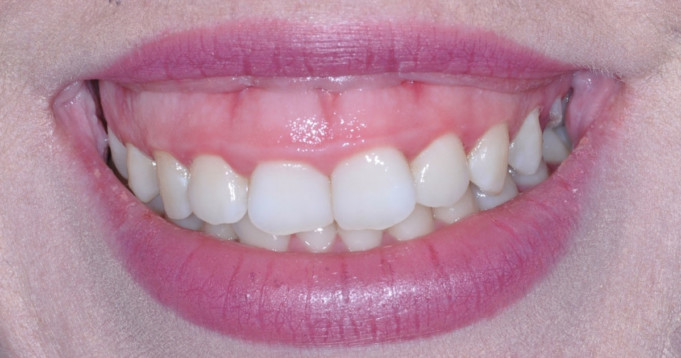Gum disease occurs when the tissues around your teeth become infected. Many people suffer from some form of gum disease. The disease can range from minor inflammation of the gums to more serious problems that can cause major damage to your teeth and gums.
No matter what type of gum disease you suffer from, the severity of the disease depends on how well you take care of your teeth and gums.
Your oral health can affect your whole body’s health, so make sure you are taking steps to prevent and treat gum disease.
What causes gum disease?
Gum disease typically starts in the areas of your mouth that you don’t keep clean. Bacteria, along with the mucus in your mouth, cause plaque to form on your teeth. Plaque that is not removed begins to form a substance called “tartar” on your teeth, which, unlike plaque, cannot be removed by brushing.
What are the symptoms of gum disease?
Gum disease can be hard to detect. Because the disease is typically painless, especially in the beginning, you often don’t know you have it. Regardless, here are a few symptoms to watch for:
- Inflammation or swelling of the gums (gingivitis)
- Redness of the gums
- Bleeding when brushing or flossing your teeth
- Receding gum lines
- Bad breath
- Mouth sores
How can it be prevented?
The key to preventing gum disease, according to a specialist from Knellinger Dental Excellence, is to keep your teeth free of plaque. Make sure you are brushing and flossing twice a day, and be sure to use a toothpaste or mouthwash that contains fluoride.
You also need to see your dentist regularly. Experts say how often you see your dentist may have an impact on your risk for developing the disease in the future.
What can you do to treat gum disease if you already have it?
In order to treat gum disease the infection has to be removed. What kind of treatment you need will depend on the severity of the disease.
In order to treat the disease you must see a dentist. The dentist will remove the plaque from your teeth and do a deep cleaning of your mouth, concentrating on the areas around your gums.
Any form of treatment will require you to maintain good oral health at home. If your gum disease is severe or it doesn’t get better over time, surgery may be required to fix the problem.
Whether your gum disease is minor or severe, the way you take care of your teeth plays a large role in treating and preventing the problem.












